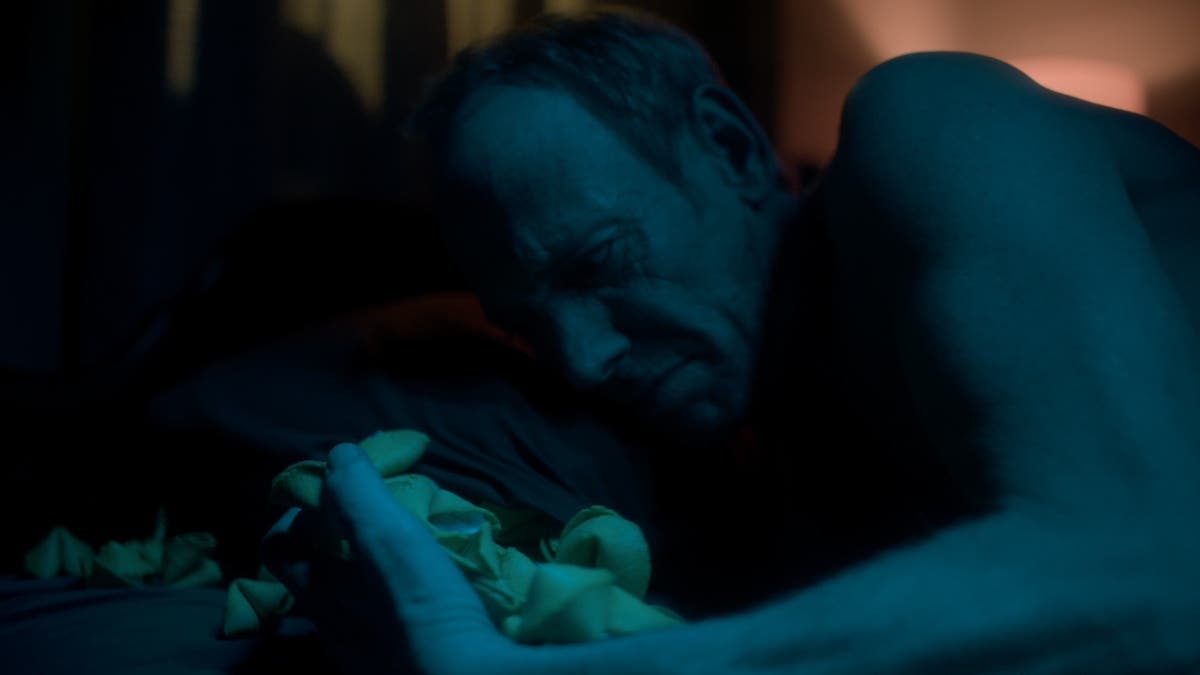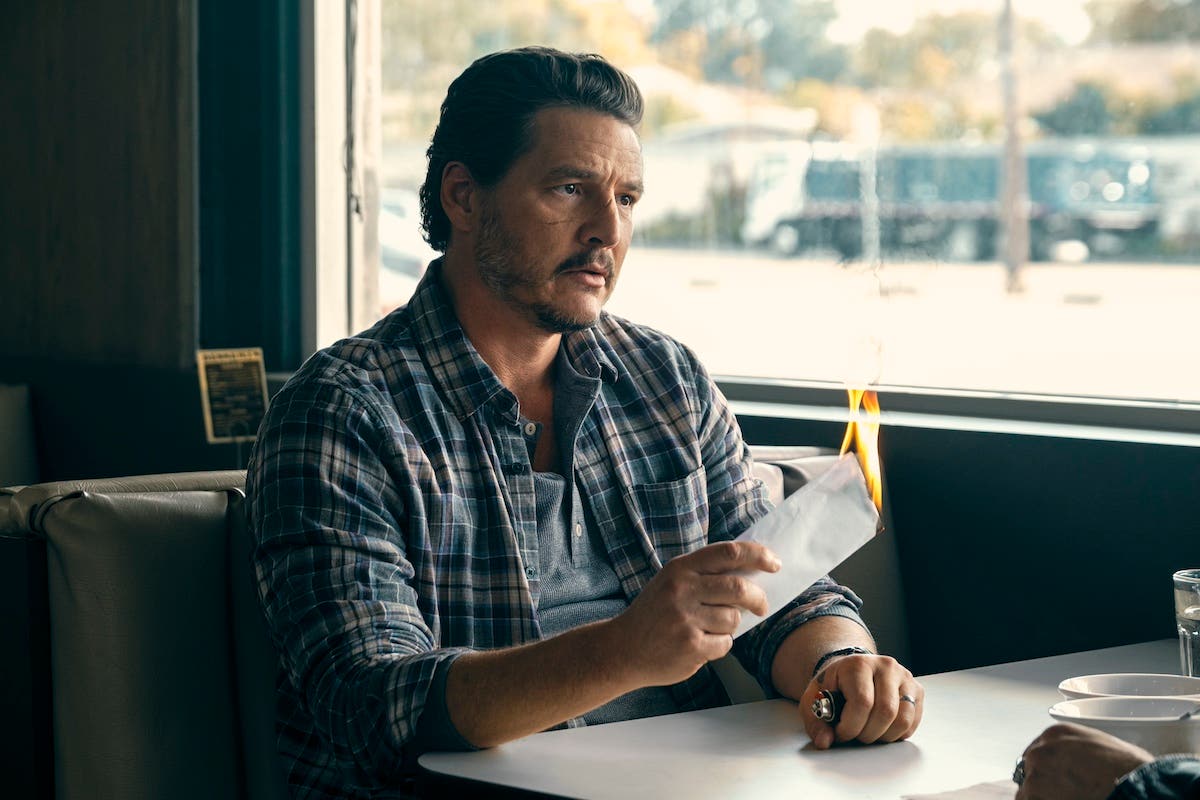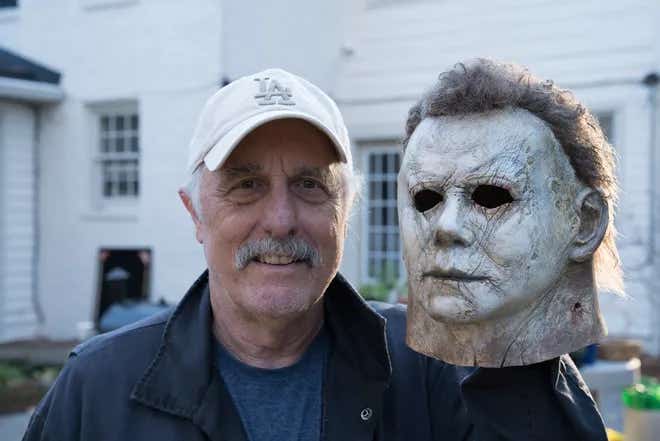Screenwriter Interview: David Webb Peoples Discusses Screenwriting Process
Montreal-based writer/director, Lea Nakonechny (TWO MUSEUMS, EDGE OF THE DESERT), had the chance to chat with screenwriter David Webb Peoples (12 MONKEYS, UNFORGIVEN, BLADE RUNNER) in advance of the Toronto…
Montreal-based writer/director, Lea Nakonechny (TWO MUSEUMS, EDGE OF THE DESERT), had the chance to chat with screenwriter David Webb Peoples (12 MONKEYS, UNFORGIVEN, BLADE RUNNER) in advance of the Toronto Screenwriting Conference (April 5 & 6). They talk process, anti-heroes and the Sisyphean task of writing.
Lea Nakanechny: Which do you begin with, character or story?
David Webb Peoples: Usually with a character scene. There’s an image of somebody doing something that defines them and makes you interested. Then you try to write a story around it and it doesn’t always work. I have many moments in my head I wish I could find the story for or build onto, and many instances of trying to build a story around a particular thing and not succeeding. These things linger over the years and sometimes, suddenly, you get it. But not always.
LN: Describe your writing process.
DWP: I have two separate careers. I stopped being David Peoples the screenwriter in the early 90’s and there was this other voice that came on which was David and Janet Peoples. Both work in a similar way which is, we have to have an outline. We sometimes cheat and get sloppy and our outline isn’t as good as it’s supposed to be and then we have big troubles with the ending. Janet is much better at abstractly making an outline whereas I tend to get lost in the scenes. But, you have to have both. You have to be able to see it like you’re an actor, involved in these very intense moments, but if you can’t step back and be a god or a writer and make the moments into a narrative, then you have a problem. If you’re too removed and you don’t do the actor part then what you get is a mechanical construction. You see films sometimes that reveal that, where people just seem to be doing what some writer decided for them to do and that’s not a good place to be.
LN: Why do you keep coming back to anti-heroes?
DWP: I was immensely influenced by Paul Schrader’s Taxi Driver. Until I saw that, I felt like I could never let anyone be killed in a screenplay I wrote because death was so trivialized in the movies. That idea of people dying and no consequences… it wasn’t a world I was confident writing about. Taxi Driver made me realize that you could have it both ways, you could actually write a movie that people would go to see, but in a world in which there were consequences, in which everything didn’t work out just so. Once you’ve recognized the tension that having somebody who isn’t necessarily “right” creates in your drama, it’s exciting and it makes it more interesting.
LN: How do you come up with such memorable dialogue?
DWP: I think it’s just getting involved, and getting into it. If you can get the characters to have their own agendas, they come alive and all of a sudden, they say the things that are on their minds rather than you spoon-feeding them stuff to say to move the story along. Those are your greatest moments as a writer.
LN: Often scripts take years to get made, or never get made. How do you survive that?
DWP: Instantly you move on to the next project. I’ve always thought about a baseball player who makes a play, he drops the ball or he makes a great catch, but he can’t afford to be thinking about that play two minutes later when the next play is going. You just have to keep thinking about what you’re doing next, not think about what you did already—whether it was good or bad.
LN: Screenwriting can be an almost Sisyphean task; what keeps you going?
DWP: I don’t know anything about mountain climbing besides what I’ve read, but it sounds like a gruelling ordeal motivated by the wish to get to the top of the mountain. When you’re on the top, maybe it’s a let-down or maybe it’s great, but then you want to get to the top of another mountain and you’ve got to go through all the same stuff to get there. When you’ve written a screenplay, sometimes you feel really good about it, sometimes not, but you always want that screenplay done. So, even though it seems when you’re writing it it’ll never get done and it’s all just a disaster, nevertheless you have to press to the top of the mountain or you’ll never get the view.
Top screenwriting and film publication, founded in 1989, published by Active Interest Media. Twitter: @scriptmag







